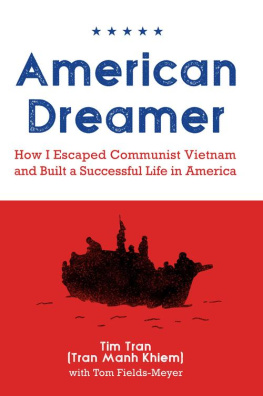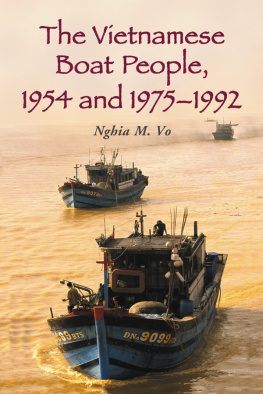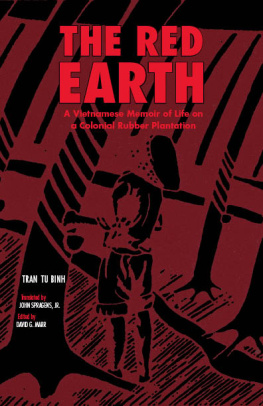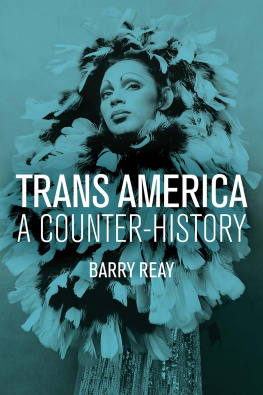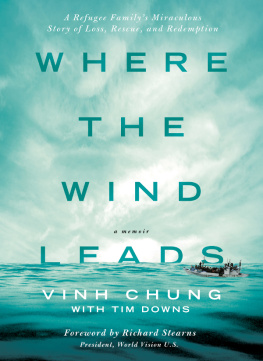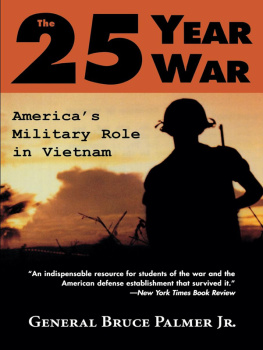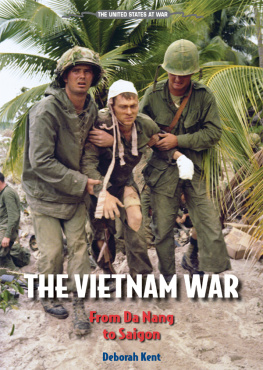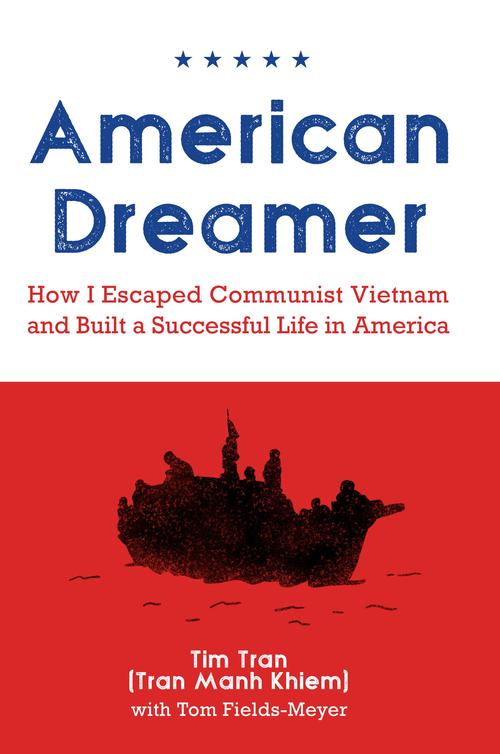
American Dreamer
PACIFIC UNIVERSITY PRESS
2043 College Way
Forest Grove, Oregon 97116
2020 by Tim Tran (Tran Manh Khiem)
All rights reserved.
Cover design by Alex Bell
Cover image inspired by a photograph of Vietnamese refugees from the Jesuit Refugee Service (The Legacy of Jesuit Father Pedro Arrupe, 13 November 2013)
ISBN 978-1-945398-02-5 (pbk)
ISBN 978-1-945398-03-2 (ePub)
ISBN 978-1-945398-04-9 (mobi)
While this book recounts actual events and describes real people, some names and identifying details have been changed to protect the privacy, identity, and safety of individuals. It is also important to note that memories are subject to the passage of time and the limitations of the human mind, and we apologize for any inadvertent inaccuracies.
Published in the United States of America
First Edition
To the memory of my parents, who instilled in me the ethics of hard work, patience, and perseverance.
To the memory of John M. Shank, founder and president of Johnstone Supply, Inc. my tough boss, kind mentor, and good friend.
Preface
I have had an interesting and eventful life. Over the years, many friends have encouraged me to write my story, but the arduous work of composing a lengthy, complex memoir and the difficult task of publishing it discouraged me. Recently, though, I realized that I had an important story to tell.
I dedicate my story to my adopted country, the United States of America, which provided refuge and support to me, a once-penniless refugee, a man without a country.
I also dedicate this book to my American countrymen and the memory of the more than fifty-eight thousand men and women who made the ultimate sacrifice and whose names are inscribed on the Vietnam Veterans Memorial in Washington DC; to the more than one million South Vietnamese soldiers who died in the war; to the millions of civiliansin both North and South Vietnamkilled in the conflict; and to the approximately half-million South Vietnamese and ethnic Chinese who lost their lives while trying to escape communism.
I also feel that I owe it to my fellow Vietnamese Americansto the next and future generationsto share my story.
I always had a love for America from my early childhood. Since I returned to the US as a refugee after spending time here as a student and became a naturalized citizen, my love for this country and its people has deepened. As one who has received so much from this country, I owe it an enormous debt. And as a relatively new citizen of this great nation, I want to give back as much as I can. What I can give, in truth, is just a small token compared to what I owe.
Despite the many challenges that our country faces (there are always challenges), I always look forward with optimism and believe that Americas best days lie ahead.
I wanted to share my life story: my experiences, my successes, and my failures. This is my personal story, the story of an underprivileged third-world kid whose life was shaped by a proxy war between superpowers. I became a toddler refugee from Communism at the tender age of four, navigated through a treacherous and tough life, and ultimately survived to live the American dream in the greatest country on earth.
It is a story of hard work, of valuing education as the means of pulling yourself up by the bootstraps. It is a story of sheer perseverance and good luck. It is a story of preparation meeting once-in-a-lifetime opportunity and producing success. My story could only happen in our beloved America.
I must thank all of the people who have touched my life in beneficial ways. Some are mentioned in this book, but there simply wasnt enough room for everyone or every detail. They know who they are and how they helped me. I owe each of them a debt of gratitude, and I hope they accept my apology for not including them. I have one promise: if this book is well received and a sequel is warranted, I will include more of my benefactors names and teachable stories next time around.
As I write these words, I feel glad that the relationship between Communist Vietnam and the United States has vastly improved in recent years. The two former adversaries have reconciled and are building closer and warmer ties. I hope that the Communist victors will reconcile with their fraternal, vanquished brothers, the former soldiers of the Army of the Republic of Vietnam, giving them the honor and dignity they deserve.
Acknowledgments
I thank Lesley Hallick, president of Pacific University, and her staff for setting in motion the work of writing my memoir. I thank Isaac Gilman, Dean of University Libraries, for managing this project and introducing me to my co-author, Tom Fields-Meyer. I thank Tom for his guidance, encouragement, and patience in working with me on this book. Tom has been a writer, a collaborator, and a friend. I thank my wife, Cathy, for her support during the course of writing this book as well as the support she has given me throughout our marriage of forty-five years.
A Note about Vietnamese Names
This book follows the traditional style for Vietnamese personal names: a family name, followed by a middle name, followed by a given name. Thus, my full name, in Vietnamese style, is written as Tran Manh Khiem: Tran is my family name, Manh my middle name, and Khiem my given name.
Prologue
May 1979
This was not how my life was supposed to end. And yet it was difficult to imagine any other outcome.
The boat was a flimsy wooden fishing vessel that might have safely carried forty passengers. More than three hundred of us were packed aboard, on the deck and down below, our bodies pressed together so tightly that it was difficult for anyone to move. We had set out six days earlier for what should have been a voyage of three daysfour, tops.
Then came the sea pirates, one band after another of Thai fishermen who had discovered that robbing desperate refugees at knifepoint was easier and more profitable than reeling in mackerel all day. The bandits seized our valuables firstgold, jewelry, cash in various currenciesand then, later, stripped from our bodies anything of even marginal value.
Worst of all, the scoundrels went after our meager food and water supply, slashing bags of rice and puncturing countless water jugs in their search for loot, leaving us in the intense May heat with virtually no fresh water. And then they sabotaged the fuel reserves, rendering one engine useless and the other barely functional.
There, somewhere in the endless waters of the Gulf of Thailand, our boat simply floated, directionless.
Just a few years earlier, my future had looked promising and limitless. I had earned a degree from a prestigious American university. I had landed an executive position at a large international petroleum company that assured me a rapid path to promotion. I had planned to marry the love of my life.
Then everything changed. For four painful years, I had done everything in my power to escape Communist Vietnam. All of those efforts had culminated in this voyage: finally, I had managed to board this boat, feeling, for the first time in years, a sense of hope.
Now that hope was fading. With no water or food, nearly everyone onboard sat in silence, trying to conserve what little energy we had left. The only sounds I could hear were the water lapping against the boats hull and the low roar of the lone working engine. From near the center of the deck, I gazed out at the mass of bodiesstill, silent, weak.
This was not how I was supposed to die.

